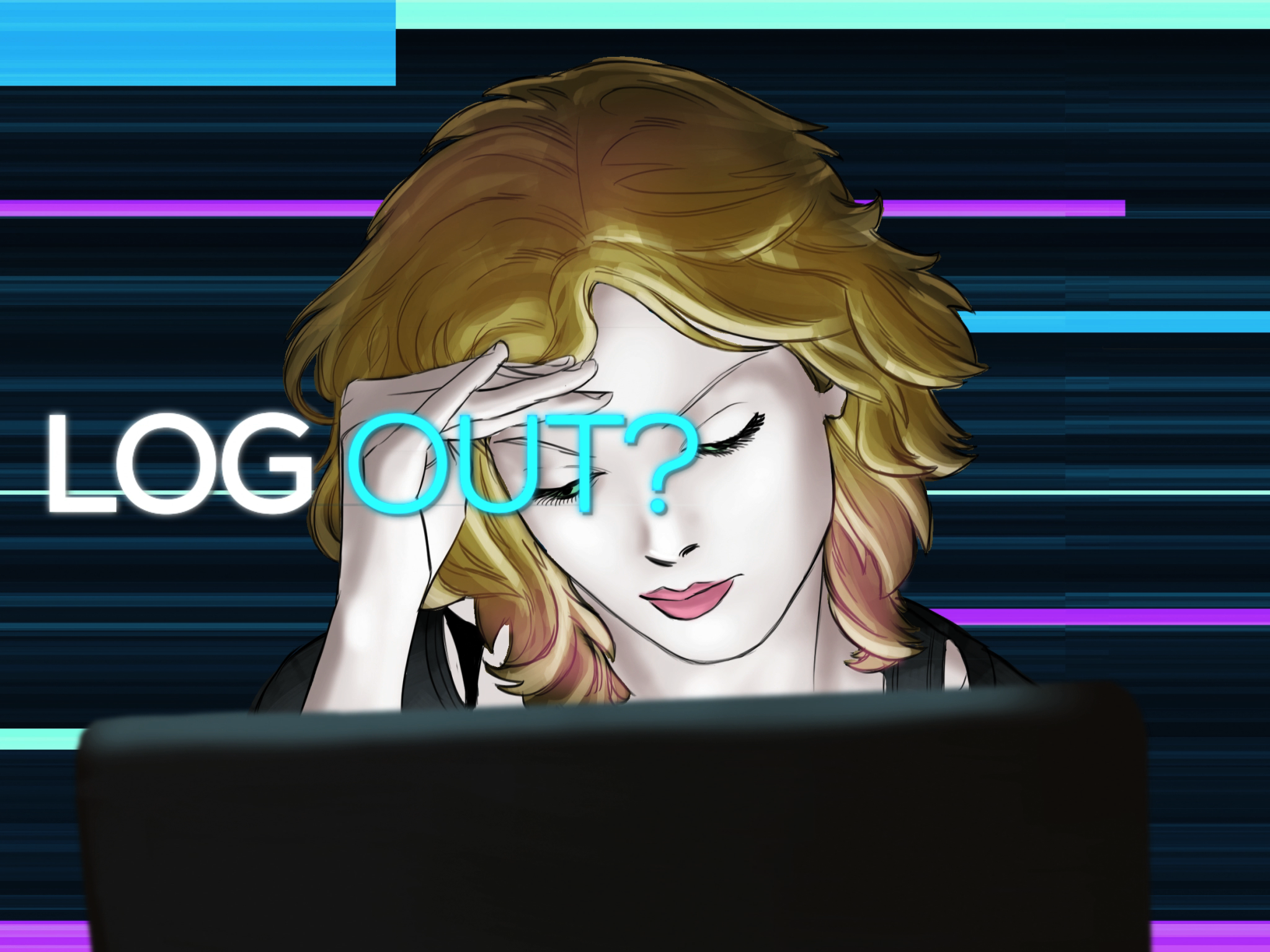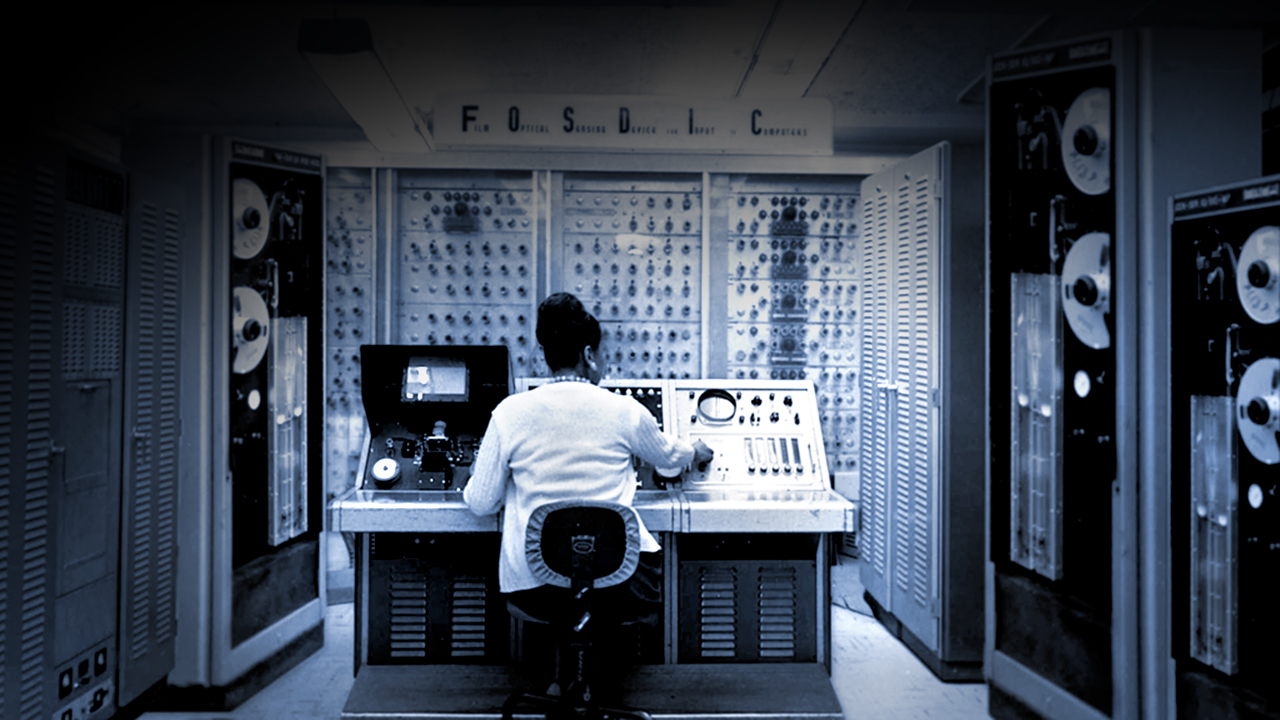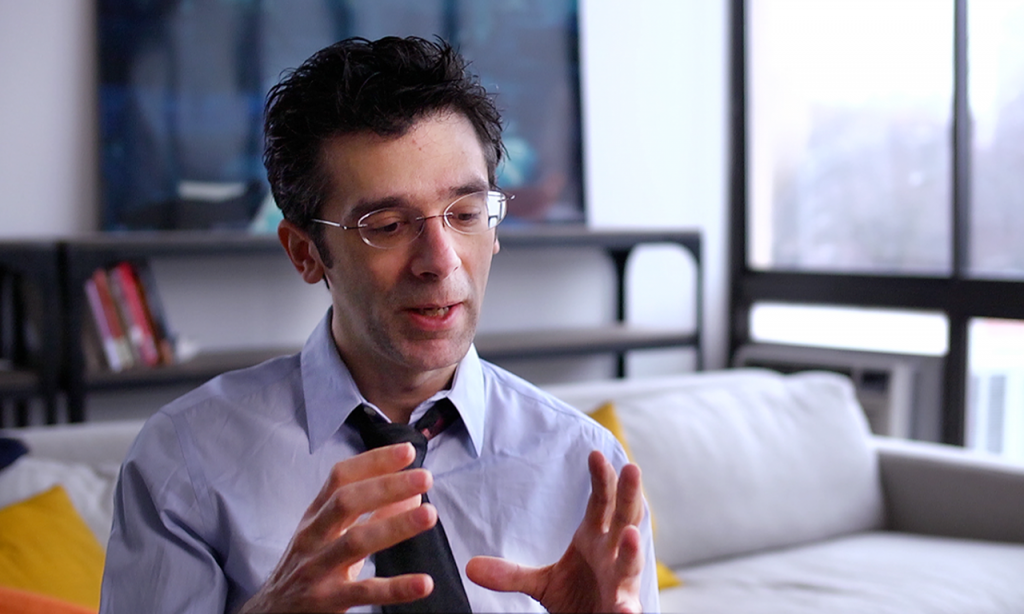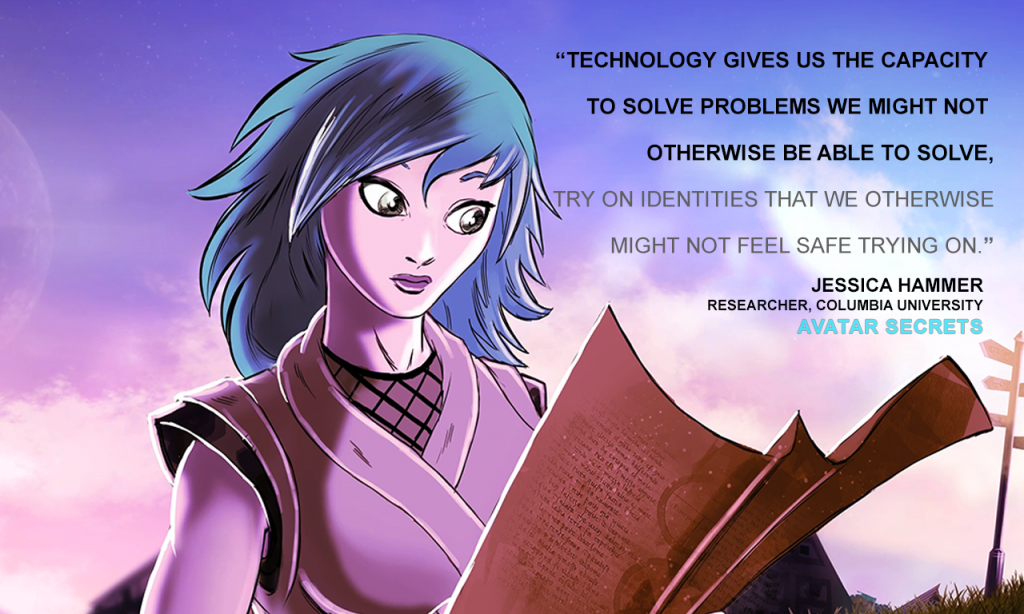As a society we’re in an extended period of transition. Only it’s not clear what the transition is, or whether the future we seek is what we’ll get.
On the one hand you can offer your personal information to the web in the hopes that it may bring you attention and friends. For some this temptation of global fame becomes an obsession that consumes their sense of self, driven by the need for attention and feedback.
However for most it remains an alienating proposition that causes them to question the role of technology in their lives and society as a whole, avoiding social media as if it were a plague.
On an individual level there’s no question, the technology that exists today is incredibly empowering. The internet alone provides us with access to all the world’s knowledge, with all the wisdom of history and civilization at our fingertips.
Yet as groups we still seem to do (and say) really stupid things, and are easily enveloped by the latest iteration of bread and circuses, sugar and spectacle that distract us from profound and deeply political social changes.
Professor Kevin Slavin from the MIT Media Lab Playful Systems group describes the disorientation that comes from this disconnect: “We’re looking to understand the world around us. it is chaotic. If you’re over a certain age, there are certain dominant narratives that have just fallen apart.”
Is technology solely responsible for the chaos? Or is it giving us clarity in the midst of more and more real world madness? For many of us, as individuals, the stories we tell ourselves can integrate our new tools, and the technology that surrounds us so that it all makes sense.
Although have you ever wondered why you call that supercomputer in your pocket a phone in spite of the fact you use it more to read email and surf the web? Are you aware of how much data it gathers about your activities? Are you using the device or is the device using you?
Carnegie Mellon University Professor Jessica Hammer describes the democratic potential and responsibility at play as we move through this transition: “I think we have an obligation to use new techs, the techs of gaming and digital connection, we have to use them to shape our lives, not let them shape us.”
The problem however is when a set of generation gaps exist with regard to the literacy of how the technology works, and how we’re changing as a result. Could metaphor and narrative be the bridge that creates a shared culture and a new sense of the society we’re living in? Kevin Slavin thinks so:
“There’s no strong sense of the story around us. And if there is no strong sense of the story that’s being told, you’re looking for any tools you can find to try to make sense of it all. And, the computer and mathematics and analysis and “Big Data” feel like maybe this is a different approach to try to make sense out of the, out of the set of things that no longer have narratives.”
Will the rise of big data reinforce the need and value for privacy? Will it encourage or discourage the overwhelming amount of personal information that most people share blindly? Will it impact your relationship and understanding of technology?















